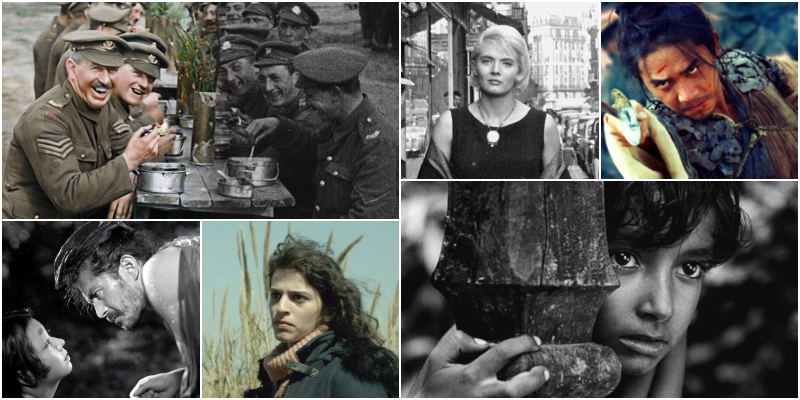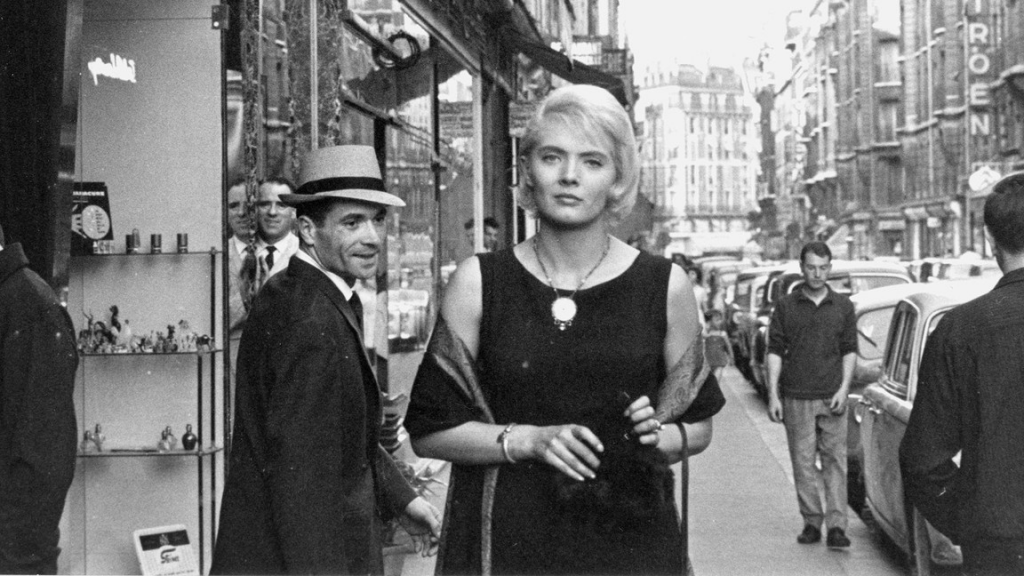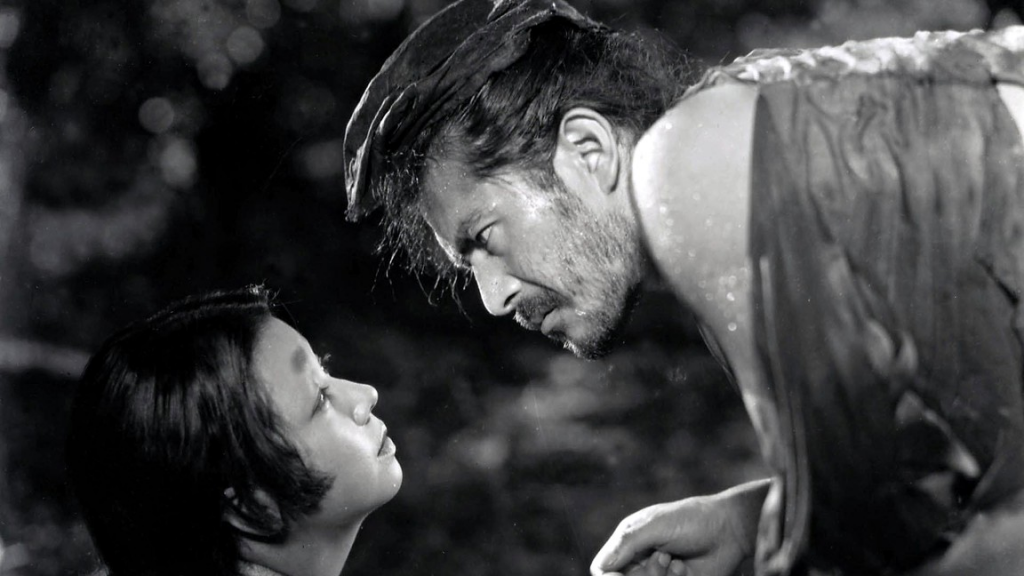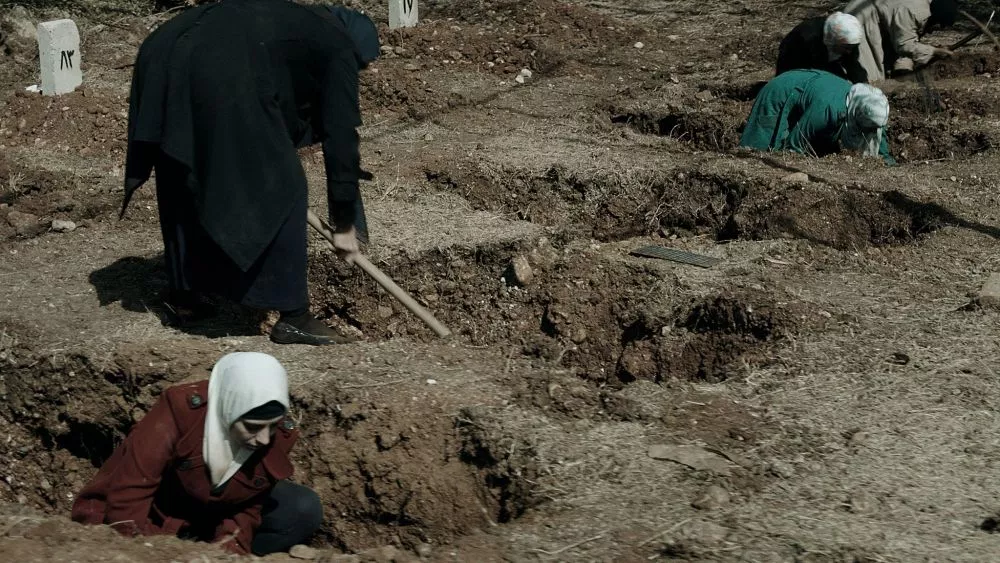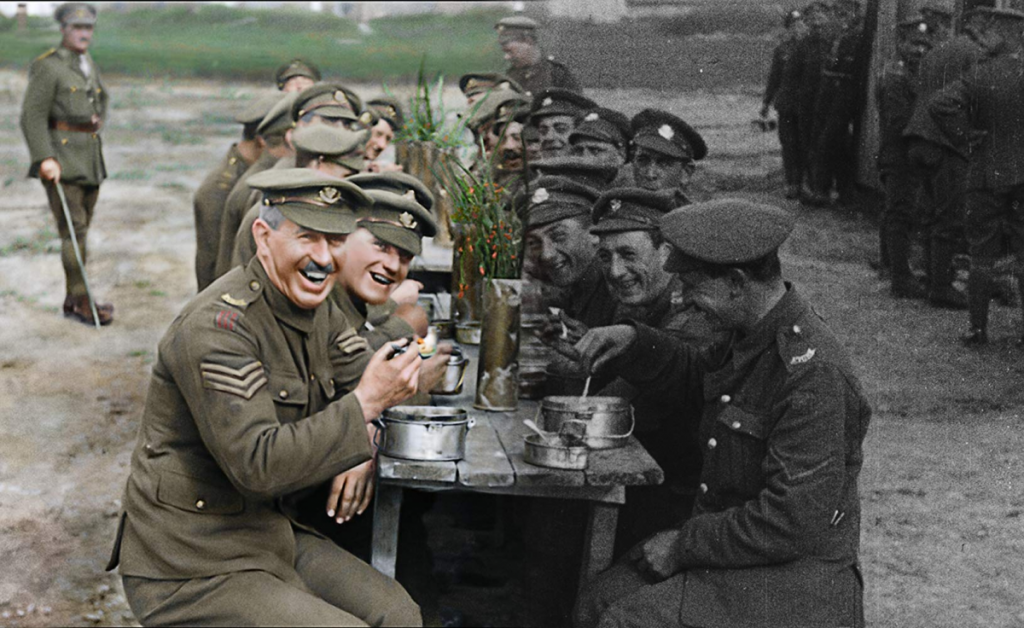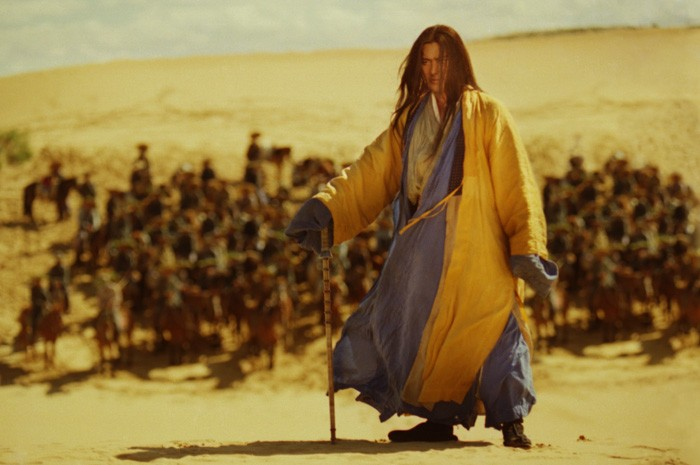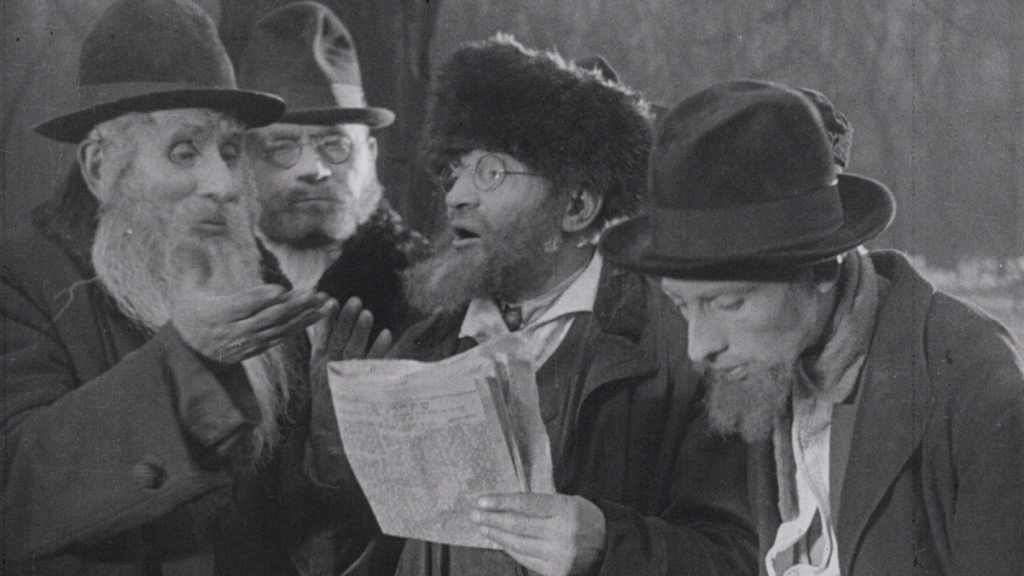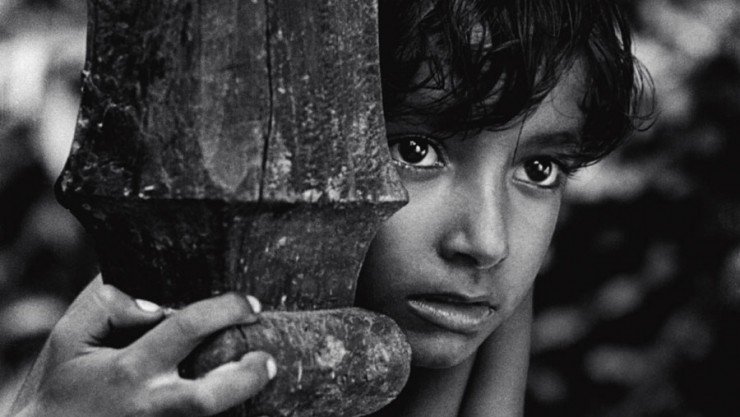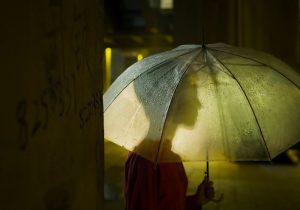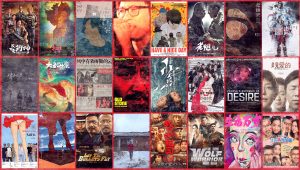The lineup for the ninth Beijing International Film Festival has just been announced, and as with past years, it spans Hollywood classics, special programs that pay tribute to acclaimed directors, and a selection of documentaries.
Screenings for the event will take place across 30 cinemas around Beijing (check the full list of venues here). Tickets are now available via the ticketing app 淘票票 táo piào piào (access via phone), or you can book via the official website of the film festival. A word of warning: due to technical difficulties and mysterious ticket shortages, it has been notoriously difficult to secure seats to the BIFF in the past. Prepare to grapple with apps and be patient.
Click here for the full list of films that will be shown at this year’s event. To get you excited for what’s to come, we’ve picked out some of the highlights below.
Cléo from 5 to 7 (1962)
Directed by acclaimed French new-wave and feminist Agnès Varda, who passed away at the end of last month, Cléo from 5 to 7 depicts the longest two hours of a young Parisienne singer’s life as she waits for the results of a medical test. Fearing that she has cancer, Cléo’s state of unknowing permeates every facet of her life, from encounters with friends and acquaintances to what she observes in total strangers nearby. The film beautifully encapsulates Varda’s well-known documentary realism and progressive themes, giving the film a strong feminine viewpoint in which to address our mortality and what it means to lead a meaningful life.
Rashomon (1950)
When the body of a murdered samurai is found in a forest grove, a priest and woodcutter are summoned to provide testimonies about the crime. A seemingly simple case, however, slowly becomes muddled as a whole host of secondary characters are also called to the stand as witnesses. It’s this slow unraveling that has placed Akira Kurosawa’s psychological thriller Rashomon high up among the all-time greats of cinema, giving viewers a glimpse into each of witnesses’ contradictory perspectives and detailing the issues that arise from our idiosyncratic view of the world around us.
The Day I Lost My Shadow (2018)
The first Syrian film ever to screen in competition at the Venice Film Festival, The Day I Lost My Shadow centers on a single mother’s journey into Syria’s war-torn countryside, where everyone has inexplicably lost their shadow. Such paranormal elements are balanced by the realistic documentary tone of the film, providing a unique take on a notoriously beleaguered part of the world.
They Shall Not Grow Old (2018)
Director Peter Jackson’s (of Lord of the Rings fame) They Shall Not Grow Old garnered rave reviews last year for its incredible revamped depictions of World War I. He began by remastering original black and white footage sourced from archives at the Imperial War Museum, most of which had previously never been screened. From there, Jackson paired the images with audio from BBC interviews of British servicemen who fought in the conflict for a whole that is deeply moving. The film then acts as both a tribute to the soldiers who fought in the war and an eye-opening documentary of what life was like in the trenches.
Ashes of Time Redux (2008)
Don’t miss this Wong Kar-wai adaptation of a book by well-known novelist Jin Yong, who passed away last year. Indeed, Ashes of Time Redux is a lyrical, dream-like martial arts epic that centers around warrior Ouyang Feng’s lonely existence in the desert as a contract killer, using that stark and vast wasteland as a striking backdrop to his adventures.
The City Without Jews (1924)
The City Without Jews is an Austrian expressionist film based on the book of the same name. Accurately predicting the rise of anti-Semitism in Europe in the following decades through its use of satire, the film had great political significance from its premiere, prompting controversy and calls for censorship. In 2018 the film was digitally restored and features a new soundtrack nearly a century after its profound premiere.
The Apu Trilogy
The Apu Trilogy is comprised of three Bengali films helmed by the acclaimed Indian director Satyajit Ray, who is considered to be one of the greatest auteurs of the 20th century. Based on acclaimed Bengali literary classics, its three films – Pather Panchali (1955), Aparajito (1956) and The World of Apu (1959) – are often cited as the greatest movies in the history of Indian cinema and of all time.
– This article originally appeared on The Beijinger.


